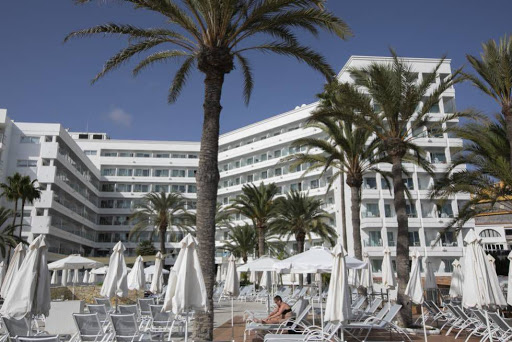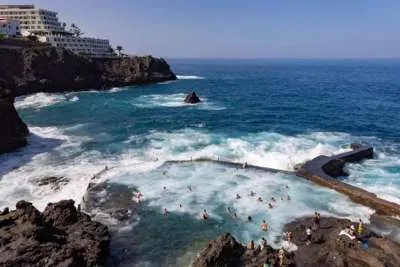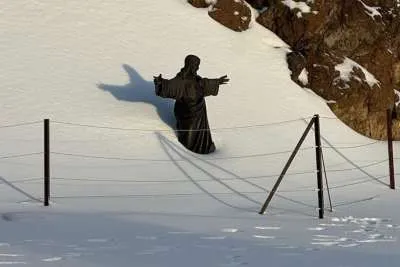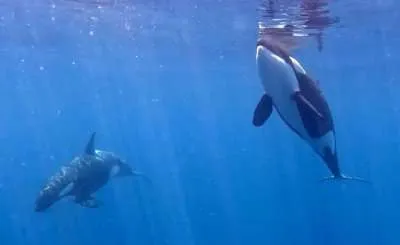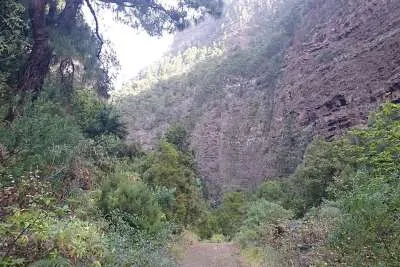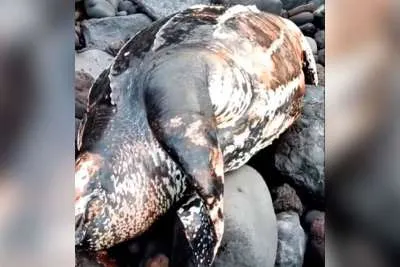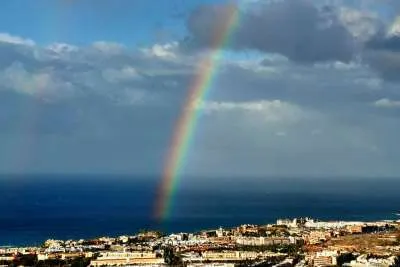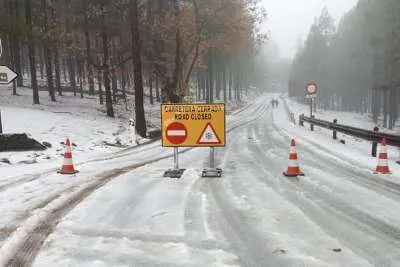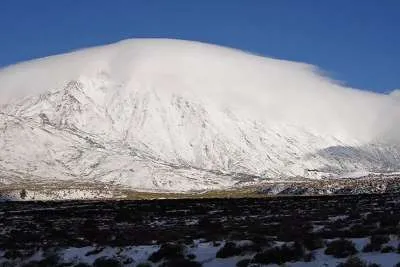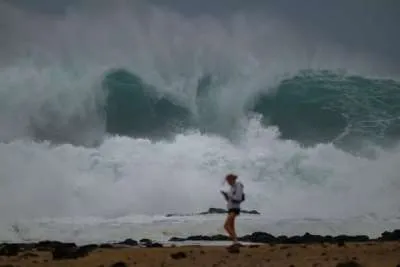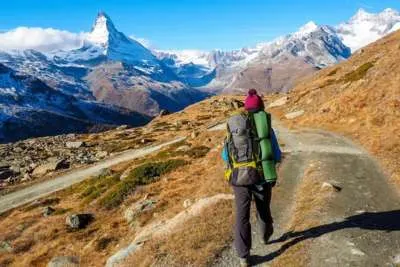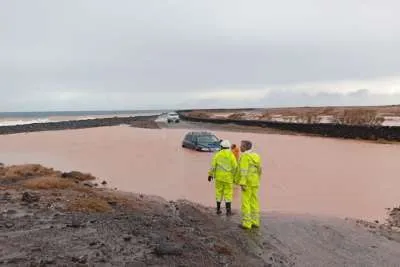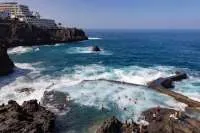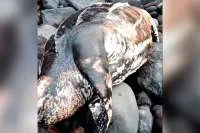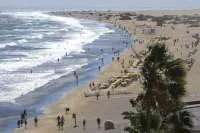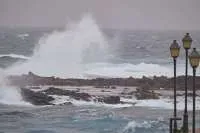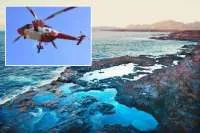Canary Islands hotels expect to be closed until at least June
- 19-01-2021
- Business
- Canarian Weekly
The hotels in the Canary Islands that are still open at the start of 2021, after travel bans that led to the lack of customers at the end of 2020, are operating with less 20 percent occupancy, and Hoteliers association, FEHT, doesn’t foresee reactivation of the sector until the second half of the year.
This has been predicted by the president of the Federation of Hospitality and Tourism Entrepreneurs of the province of Las Palmas (FEHT), José María Mañaricúa, outlining the situation that is affecting his associates after the closure of vital European markets for the Canary Islands due to the onslaught of Covid-19, and the tightening of restrictions in the archipelago due to the third wave of the pandemic.
With occupation levels at 10 percent of the few beds sold this January, the hotels in the province of Las Palmas, which again face almost zero tourism like the one that affected them in the second quarter of 2020, are keeping practically all their staff in ERTE, a situation that they estimate will last until June as the ERTE is about to be extended until May 31st.
Given this "very low" level of activity, Mañaricúa claims that large and medium-sized companies in the sector, should no longer be charged taxes such as IBI or IAE, in addition to the basura (garbage) tax, obligations that can cost a company in this sector up to 250,000 euros per year, which puts the continuity of many of them in jeopardy.
This is part of the "direct help" that FEHT is requesting for its larger partners, once the Canarian Government has promised to contribute to SMEs in the sector to try to alleviate the impact that the health crisis is having on them.
A similar situation affects the complexes represented by Ashotel which has members in Tenerife, La Palma, La Gomera and El Hierro, that remain open in this situation, and that are operating at between 20 and 30 percent of their available occupancy.
In Tenerife alone, 34 establishments have closed since September 2020, of which 25 were in the last month. Ashotel said that 49,000 of the 70,000 workers in the sector in the Canary Islands are in ERTE, a figure that may grow in the coming weeks as more hotels and complexes close due tolack of customers.
The Canarian hotel chain Lopesan is only keeping open three of their 13 hotels in the Canary Islands, all in Gran Canaria: the Baobab, the Villa del Conde and the Kumala Serenoa. Despite the bad forecasts for the coming months, which its managers are evaluating daily, Lopesan does not plan to close any of these three, even though they are operating at only 15 and 20 percent of capacity.
They are planning to focus on local custom with major promotional campaigns during February, with prices "almost out of market", so that "no one is left" without being able to enjoy a few days of rest in their hotels, environments that have proven to be very safe against Covid-19, they emphasize.
Restrictions on mobility and the epidemiological situation suffered by the traditional source markets of the Canary Islands, i.e. the UK and Germany, have also forced the RIU chain to close hotels on the islands. The company said that demand was positive in the first weeks of winter, which encouraged RIU to open more hotels to be able to rescue the maximum number of ERTE workers and recover the activity as much as possible.
However, the drop in occupancy in recent weeks has made it "unsustainable" to keep the 11 of the 17 hotels that were still open, so it has closed three in Gran Canaria and one in Tenerife, leaving seven operations: Riu Palace Oasis and Riu Gran Canaria, in Gran Canaria; Riu Palace Tenerife and Riu Buenavista, in Tenerife; Riu Palace Tres Islas and Riu Palace Jandía, in Fuerteventura, and Riu Paraíso Lanzarote, in Lanzarote.
Occupancy in January at RIU hotels in the Canary Islands is 25%, but by February it will drop, although by how much will not be known until the last minute because there are many last-minute reservations due to the uncertainty generated by travel restrictions.
As an interesting fact from RIU, they said that there are many clients who spent Christmas on the islands, who have decided to stay for a while.
Other articles that may interest you...
Trending
Most Read Articles
Featured Videos
A Vision of Elvis Tenerife Promo
- 10-05-2025
TEAs 2025 Highlights
- 17-11-2025


